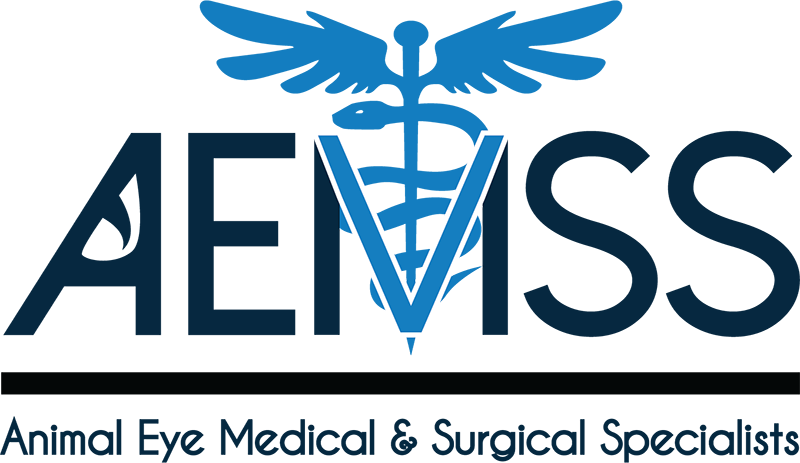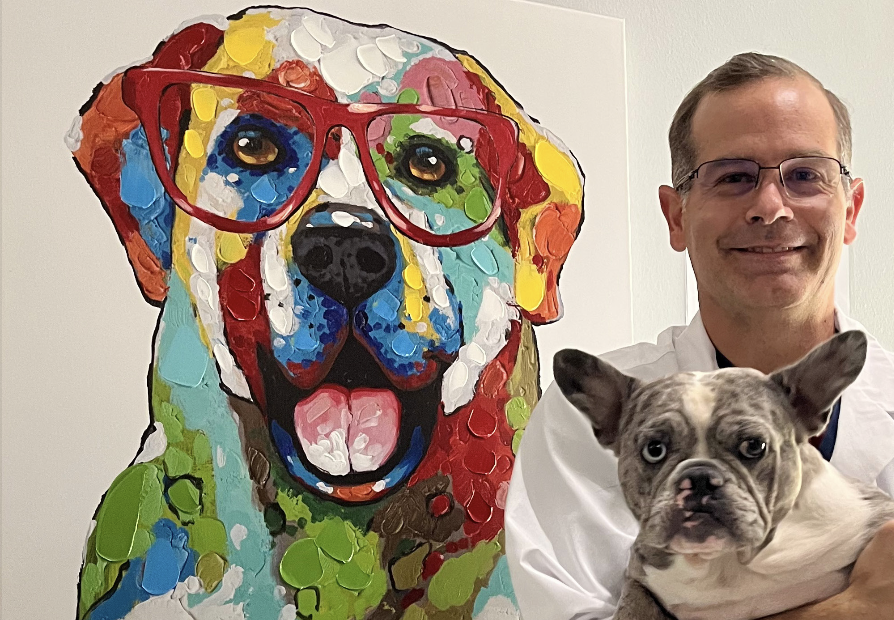Pet Cataracts Treatment in Katy, TX
When your pet’s vision is compromised by cataracts, it can affect their overall well-being and happiness. At Animal Eye Medical & Surgical Specialists in Katy, TX, we specialize in diagnosing and treating cataracts in pets. Our experienced team is committed to providing comprehensive treatment to address your pet’s vision needs.
Understanding Pet Cataracts
Cataracts in pets can significantly impact their quality of life, leading to vision loss and other complications if left untreated. At Animal Eye Medical & Surgical Specialists in Katy, TX, we offer comprehensive care for pets suffering from cataracts, ensuring they receive the best possible treatment to restore their vision and comfort.
Causes of Cataracts in Pets
Cataracts are most commonly seen in dogs, although other pets can be affected. Here are some of the primary causes:
- Genetic Factors: Many dog breeds, including Boston Terriers, Miniature Poodles, American Cocker Spaniels, and Miniature Schnauzers, are prone to genetic cataracts. These typically develop between 4 and 7 years of age, but younger dogs can also be affected.
- Diabetes: A significant cause of cataracts in dogs. Research shows that 80% of diabetic dogs will develop cataracts within six months of diagnosis. These cataracts tend to progress rapidly, often leading to sudden vision loss.
- Other Causes: Intraocular inflammation, retinal diseases, and trauma can also result in cataracts.

Treatment for Pet Cataracts
Treating cataracts in pets typically involves a surgical procedure known as phacoemulsification. This process is similar to the treatment used in humans and involves removing the affected lens, which is then replaced with an artificial lens. The success rate for this surgery in dogs is between 90-95%, providing a high chance of improved vision.

Risks of Untreated Cataracts
If cataracts are not treated, they can lead to more severe complications, such as:
- Progressive Vision Loss: Over time, cataracts can cause complete blindness in the affected eye.
- Intraocular Inflammation: Advanced cataracts can lead to painful inflammation within the eye.
- Glaucoma: This condition can develop as a result of untreated cataracts, leading to increased pressure in the eye and further vision loss.
- Lens Luxation: Cataracts may cause the lens to dislocate, leading to additional complications and discomfort.
If you notice signs of cataracts in your pet, contact us immediately to discuss treatment options and prevent further complications. Call us today at 832-437-0119 to safeguard your pet’s vision and overall eye health.
Key Services for Pet Cataracts in Katy, TX
At Animal Eye Medical & Surgical Specialists, we offer a range of services for pets with cataracts, including:
Thorough evaluations to diagnose cataracts and assess the overall health of your pet’s eyes.
Advanced surgical treatment to remove cataracts and restore vision.
Ongoing support to ensure successful recovery and monitor for any complications.
Treatment for conditions that may arise due to untreated cataracts, such as glaucoma or inflammation.

